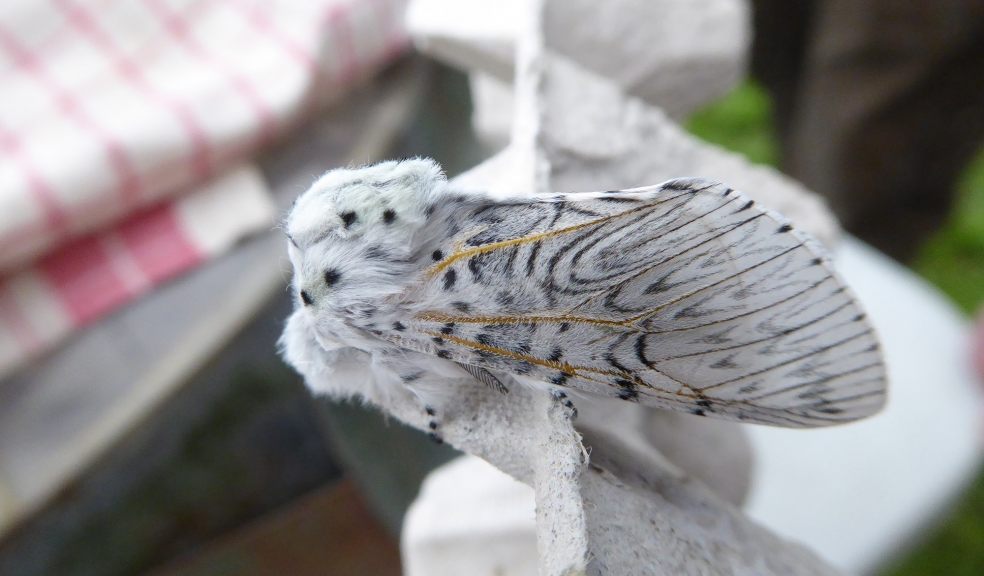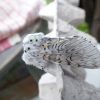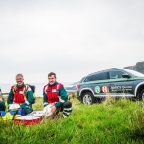
BioBlitz smashes wildlife target at Killerton
Killerton ran its first ever BioBlitz event on Saturday 7 May to survey the historic parkland for all sorts of wildlife.
BioBlitzes are an innovative kind of outdoors event that bring together experts and volunteers, as well as families.
The "bio" in BioBlitz is taken from biology and biodiversity, and refers to the range of species that could be found. The "blitz" is taken to mean doing something quickly intensively. BioBlitzes show that citizen science can generate important scientific records and inspire people to find out more about the natural environment.
Over 90 families turned up at Killerton to have a go at bug hunting and other related activities.
They found insects, amphibians and more, all of which became part of the official records; proving that it’s not what you know but what you find that’s important at a BioBlitz. A running total was kept of all the species found, with regular updates as people brought their specimens to be identified; and the target of 200 species was broken at 2pm.
An evening bat walk found a few more species, but the walkers were interrupted by a startled badger; adding another last minute species to the list, and bringing the end of day total to 374.
Andy Bramwell, Visitor Services Officer at Killerton said: "BioBlitzes are an exciting way to find out about wildlife. I love the idea that an eight year old on a bug hunt could find a really rare insect that might change the way we manage a whole area of land. We had help from expert volunteers and local wildlife groups, and I was really encouraged by the knowledge and passion of everyone involved. It made me feel like the countryside is in good hands.’
He continued: ‘I'm also really happy that we smashed our target and found 374 species. Thank you to everyone from Devon Bat Group, PlantLife, Devon Moth Group and Broadclyst Primary School who all helped make the day a success.’
The highlights included the discovery of over 32 species of moth, a diverse range of insects including solitary bees, and 7 species of bat, including the rare lesser-horseshoe which breeds at Killerton. One of the rarest species found was a Barbastelle bat, which had never before been recorded over the park at Killerton.
The parkland is currently benefitting from the Bringing Killerton Park to Life project, which aims to restore the original parkland, protect ancient monuments, and improve habitats. The BioBlitz has helped to create a baseline of wildlife data, from which the impacts of the project work can be measured in the future.
Fi Hailstone, Project Coordinator, said: ‘The scale of surveying at a BioBlitz is only possible with the help of the public and it creates useful and important scientific data. Until now we had a good idea of the wildlife that makes up the parkland but now we have a better understanding and can make better management choices. The results will make a great contribution to the project and will help us to restore wood pasture habitats at Killerton and improve biodiversity.’
Over the summer, visitors will be able to see an exhibition about the results of the BioBlitz, made in partnership with Broadclyst Community Primary School. The ParkLife exhibition will run from Sunday 26 June to Saturday 4 September in the study at Killerton House.

















